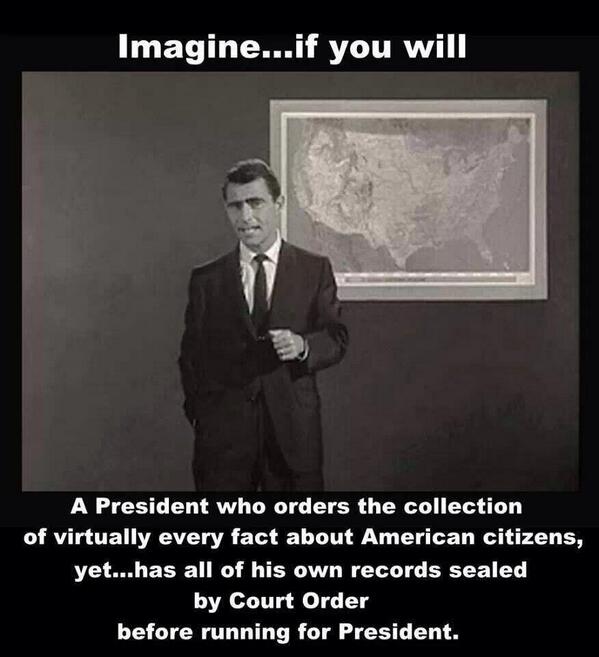for what the Tyrant and his EXEMPT self-serving toadies
have wrought, as they have dismantled America,
its security, and what was once, its freedom and Law.

The war had its origins in the resistance of many Americans to taxes imposed by the British parliament, which they held to be unlawful. Formal acts of rebellion against British authority began in 1774 when the Patriot Suffolk Resolves effectively abolished the legal government of the Province of Massachusetts Bay. The tensions caused by this would lead to the outbreak of fighting between Patriot militia and British regulars at Lexington and Concord in April 1775. By the end of 1775 rebels had seized full control in all thirteen colonies and on July 4, 1776, their Continental Congress declared independence.
The American Revolution was a political upheaval that took place between 1765 and 1783 during which the Thirteen American Colonies broke from the British Empire and formed an independent nation, the United States of America. The American Revolution was the result of a series of social, political, and intellectual transformations in American society, government and ways of thinking. Starting in 1765 the Americans rejected the authority of Parliament to tax them without elected representation; protests escalated as in the Boston Tea Party of 1773, and the British imposed punitive laws—the Intolerable Acts—on Massachusetts in 1774. In 1774 the Patriots suppressed the Loyalists and expelled all royal officials. Each colony now had a new government that took control. The British responded by sending combat troops to re-establish royal control. Through the Second Continental Congress, the Patriots fought the British in the American Revolutionary War (1775 - 1783).
Today is certainly a solemn day of similar sentiments as we are in midst of our own need of an American Revolution as a result of a series of social, political, and intellectual transformations in American society, government and ways of thinking having turned our glorious Republic into a government steeped in illegitimacy that knows nothing but illegitimacy, run by illegitimate means, based on illegitimate ideas, by those appointed to the highest office in the land in ways being nothing but illegitimate. In this very day and age when the laws of the land and the institutions that have elevated the original thirteen colonies into the glorious Republic it had aspired to, being trampled on, violated, made a mockery of, has the sheeeple react in no discernible way, yet a simple tax on tea having facilitated a change of overwhelming proportions in world order not ever seen.

By the rude bridge that arched the flood,
Their flag to April’s breeze unfurled,
Here once the embattled farmers stood,
And fired the shot heard round the world.
Shots were fired earlier at Lexington. The Battle of Concord represents the first shots fired by Americans acting under orders, the first organized volley by Americans, the first British fatalities, and the first British retreat, and the "shot heard 'round the world."
And most newspapers and the MSM will ignore it.
I remain speechless at the bravery shown on Lexington green that morning.
The Patriots were farmers, shopkeepers, blacksmiths and the like, somewhat trained but hardly the disciplined force fielded by the British.
Paul Revere and William Dawes had warned the countryside of the British approach, and that warning must surely have included the number of troops coming.
Imagine meeting up with 50 or so armed and like-minded civilians, knowing full well that several hundred of the King’s soldiers were headed your way. A few rounds of liquid courage at Buckman’s Tavern would hardly stop your knees from shaking.
Now take your little band across the street and stand in a line across the green, in the cold grey dawn. Hear the British drummer beating out time, the crunch of boots on gravel. Then see them ... hundreds of them ... row upon row ... men on foot and officers on horseback. All of them armed.
How on Earth did they find the raw nerve to stand their ground? Amazing!
"Listen my children and you shall hear,
Of the Midnight ride of Paul Revere ...
Is this still taught in our schools?
"Gentlemen may cry, Peace, Peace, but there is no peace! The war is actually begun! The next gale that sweeps from the North will bring to our ears the clash of resounding arms! Our brethren are already in the field!"
The first part of that may have been inspired by Jeremiah 6.14 and 8.11 ("peace, peace, when there is no peace").
NEGATIVE: you have the story WRONG. Adams, Hancock, and Revere were very much still on the scene. Read David Hackett Fischer’s “Paul Revere’s Ride.” Way wrong. Hate it when history is rewritten to diminish the roles of the patriots that day.